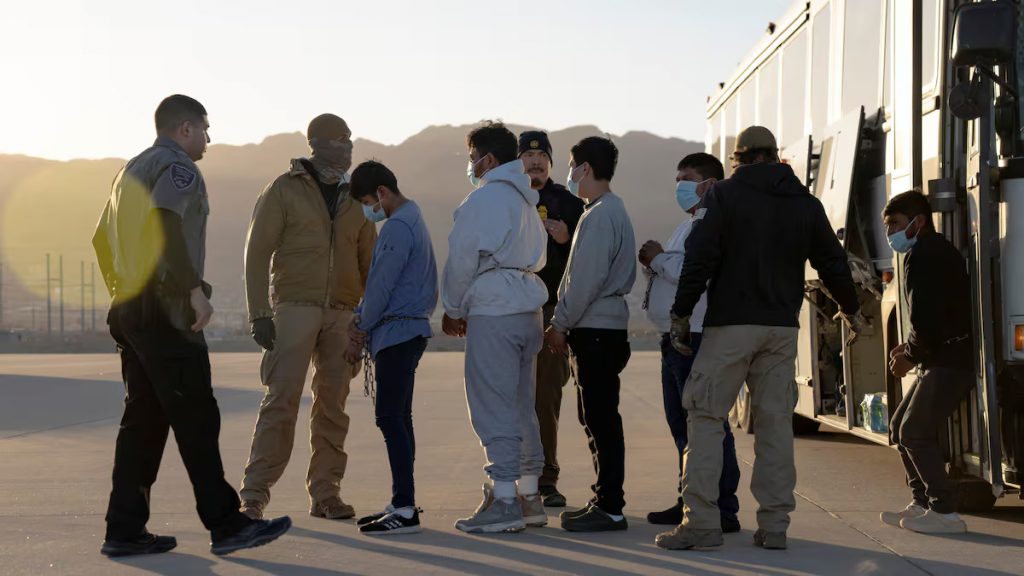A new immigration proposal under the Trump administration has reignited debates over privacy and freedom of expression. The measure would allow U.S. Citizenship and Immigration Services (USCIS) to access the social media accounts of asylum seekers, permanent residency applicants, and those seeking U.S. citizenship to determine their eligibility. Critics argue this violates the First Amendment and could lead to self-censorship among immigrants.
The proposal, part of an executive order signed by Trump on his first day in office, is justified by USCIS as a necessary step for national security. The agency claims that social media screening will help verify identities and assess security risks. However, legal experts and human rights groups warn that the policy could be used to suppress dissent and punish immigrants for expressing opinions critical of the government.
Concerns have been further heightened by cases where individuals were denied entry or faced deportation due to their social media activity. A Columbia University graduate student and legal permanent resident, Mahmoud Khalil, is currently facing deportation for participating in pro-Palestinian protests, despite no criminal charges against him. Similarly, an Indian scholar at Georgetown University is being investigated over alleged ties to Hamas based on online content he shared.
Opponents argue that such measures mirror mass surveillance tactics used by authoritarian regimes, while supporters defend them as necessary for protecting national security. As the public comment period for the proposal remains open until May 5, the debate over the balance between security and civil liberties continues.

